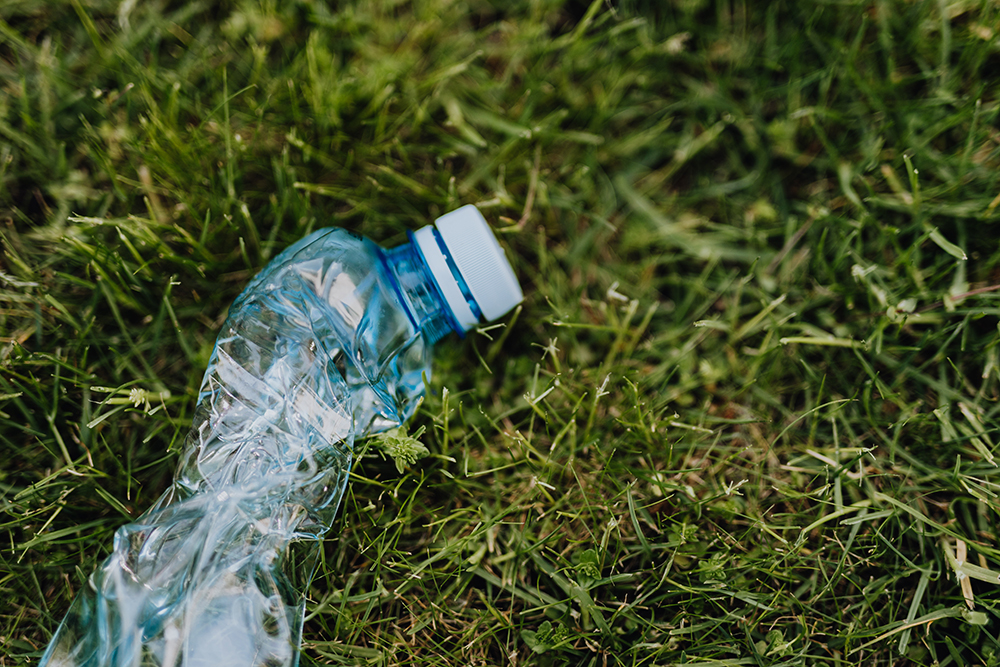In 2018, the UK Government proposed a new plastics packaging tax. At the time, we highlighted this measure in one of our blog posts. The consultation period has now ended, and the new tax is due to launch in April 2022 so we’ve put together an updated guide to explain the tax…
What is the tax?
The tax will apply plastic packaging produced in or imported into the UK that does not contain at least 30% recycled plastic. The Government defines plastic packaging is packaging that is predominantly plastic by weight.
Key features of the tax will be set out in legislation, but financially the Government plan to tax UK businesses £200 per tonne of plastic that does not contain the minimum 30% recycled material.
Why introduce the tax?
There are several reasons the tax is being introduced:
- To increase the production of and demand for recycled content plastics
- To reduce the carbon footprint of plastic materials (virgin materials create four times the emissions recycled content plastics do)
- To stimulate increased levels of recycling and collection of plastic waste – reducing the amount of materials being sent to landfill or incinerated
Who will be affected?
The new tax is intended for UK producers and importers of plastics, as well as their business customers and consumers who buy goods in plastic packaging. HMRC estimates up to 20,000 businesses will be liable to pay this tax.
Producers and importers may pass this tax on to end users. So, if you’re using any plastic packaging that contains less than 30% recycled material you may be paying more when the tax is introduced.
Importers and producers dealing with small amounts of plastics will be exempt from taxation.
How you can mitigate the tax
To offset the potential cost of this tax, there are several things you can start doing now.
- Check the recycled content of the plastic packaging you use. All of our group’s stock catalogue packaging now have an Environmental Impact Rating that shows a material’s recycled content as well as other important eco-criteria.
- Swap to lighter-weight alternatives. If you still need to use plastics in your supply chain (e.g. stretch film or bubble), swapping to a lower micron film will help you reduce the weight of plastic you use, offsetting the proposed tax.
- Make paper-based substitutions where you can. Eliminating plastic where you might not need it will help too. Switching to water activated paper tape or paper padded mailers rather than plastic are some simple examples to get you started.
If you need support with switching to more sustainable packaging get in touch with our team by emailing contact@networkpack.co.uk or calling 01901 496 666.











